Welcome
I started this blog in 2013 to share my reflections on reading, writing and psychology, along with my journey to become a published novelist. I soon graduated to about twenty book reviews a month and a weekly 99-word story. Ten years later, I've transferred my writing / publication updates to my new website but will continue here with occasional reviews and flash fiction pieces, and maybe the odd personal post.
|
After my last post featuring two novels about fictional teenagers going missing in the Peak District, the link between these reviews is more tenuous. While both feature men who have found a salaried position after art school – the first going into the gaming industry without completing his degree; the second joining the ranks of fictional therapists as a rare art therapist – these novels seem quite different. Yet both also feature obsession: the first with the alternate reality of computer games; the second with an estranged daughter. See what you think.
8 Comments
The common theme in these two recently published novels is a woman experiencing an existential crisis, taking stock of where she’s got to in life by ordering the elements that make up her external world. Sonja, the older of the two, does this through taking driving lessons, and it’s no coincidence that she struggles to take control. Miriam, past adolescence although not yet fully fledged adult, tries to achieve something similar by jettisoning her surplus possessions, and through those of a compulsive hoarder she’s employed to help. Needless to say, neither woman’s path to a more comfortable accommodation with herself is straightforward. Curious? Read on!
As far as I’m concerned, the welfare of babies and young children is a collective responsibility, so I offer no apologies for linking these three books. The first is a historical novel that begins with a fascinating account of the experience of a wet nurse in nineteenth century Spain, before moving on to the adult lives of the princess who had first turn at the breast and her milk brother, the woman’s own baby. The second is a contemporary novel set a century later, about a young American woman working as a nanny to a Japanese toddler. Both novels show the strength of attachment we can have to other people’s offspring. The third book is an uncompromising and moving memoir about a young Englishwoman who becomes pregnant as a student and decides to keep the child. Finally, because a baby is a kind of harvest of the womb, we finish with this week’s flash.
Londoner Neve is married, New Yorker Andrea is single, but they’re both struggling with similar attachment issues. Both have tried and abandoned therapy, and not only because of complex relationships with their mothers. They’re both creative types, although Andrea has given up on her art. Two women in their thirties, I’d like to put them in a room together to see if that would emphasise their individual difficulties or they’d help each other out. Failing that, I’m relying on you to judge what they can tell us, either separately or together, about contemporary women’s lives.
The digital revolution has massively changed the way we listen to music, yet vinyl has been revitalised in some quarters in recent years. Perhaps it’s no surprise that contemporary novelists should review their record collections in search of new ways of exploring the human condition. But two published within three months of each other? That’s quite a coincidence. Read on to see how these established British authors have addressed the topic in very different ways.
I decided to pair these novels after reading blurbs suggesting both were about young women adapting to significant losses: the mother’s disappearance in Swimming Lessons and a close friend’s suicide in Our Magic Hour. But, on reading the latter, I felt the main character’s issues predated that particular tragedy, originating with a highly ambivalent mother in a difficult marriage. Unfortunately for the character, but very accommodating for my reading and blogging schedule, the same applies to the first novel. I hope one or both of these will appeal but, if not, you’ll find several other posts and reviews on the theme of family dynamics if you follow the link.
 Among Saturday’s headlines, we learn that a middle-aged man is involved in a loving relationship. That’s news? Sadly, it is, when the man is a middle manager (a.k.a. a bishop) in the Church of England and the object of his affection is another man. It’s already feeling too much information when I’m told he’s unmarried and celibate. Oh, so he’s invisibly gay? Cue big sigh of relief? As I’m not a member of the church, and have no desire to become one – although I’ve never been known to forgo the opportunity to sing praises to the guy-in-the-sky in one of their magnificent buildings – perhaps it’s not my business. Except that this hypocritical organisation has a stake, through seats in the House of Lords, in governing my country. Wouldn’t it be nice, until such time as they are abolished, if they adhered to the laws of the land and basic human rights that permit same-sex marriage (an institution the church tends to be particularly fond of) and physical expression of love? But it seems they’d rather avoid a split from their branches overseas (including those countries in which homophobia is sanctioned by the state) than take the moral stance they’d like to claim is theirs.
 As someone who’s drawn to subtle stories with complex characters and hates being bludgeoned with being told what to think and feel, I shouldn’t be surprised that there are times when my expectations aren’t met by the book in my hands and I’m tempted to give up. Usually I try to unravel why it didn’t work for me, with the aim of both getting a stronger sense of what I like and don’t like, and what I can learn from this for my own writing. But sometimes I feel quite disorientated by my bafflement, by my lack of connection with the author’s words. If I’ve been unlucky – or chosen unwisely – and experienced a string of disconnections, I can feel quite low. The activity that has always been my refuge becomes a claustrum. It’s like being internally homeless or losing a good friend. (Or finding your compatriots have voted overwhelmingly for xenophobia, which still has me reeling almost a week on.)
It’s almost a year until my second novel, Underneath, is published. As it starts with looking around a house, I had it in mind when I posted my guest prompt over at the Carrot Ranch recently. What I didn’t realise at the time was that this would herald a theme cutting across much of my reading and reviews, from Nolan’s work on a building site in Journeyman, to an updated Wildfell in The Woman Who Ran, to the isolated manor house in The Sacred Combe, a large house in Nigeria in This House is not For Sale, a farmhouse in upstate New York which has been bought on the cheap in All Things Cease to Appear and an entire street in Prosperity Drive. Now I’m adding to that list with a novel about a former show house on an unfinished Irish housing estate from which, one by one, all four members of a family disappear and another about the strange children who come to live in an isolated mansion.
 The coincidence of Charli Mills’s latest post on the loss of a secure base with the buzz about the bicentenary of Charlotte Brontë’s birth later this month (more on both later in this post) reminded me of this piece on fear as a motivator that has languished in my drafts folder for well over a year. I’m a great fan of Emma Darwin’s posts on writing because, while they’re stuffed with useful advice, she never pretends there’s a simple formula (or two or three or two hundred and three) to make our novels novel and our sentences sing. That’s not the case in some other corners of the creative writing industry. As I’ve mentioned before, I’m particularly hacked off by an implicit assumption that the classic quest underlies each and every story structure: we just have to decide what our hero wants and thwart him in his journey to find it. While I can see how that works for some fiction, lots of the novels I read and love don’t go down that route. On top of that, human motivation is a complex construct: some people genuinely don’t know what they want and some are far too passive to follow their dreams. Some are constrained by circumstances or demons from the past and some characters sabotage their own desires. |
entertaining fiction about identity, mental health and social justice
Annecdotal is where real life brushes up against the fictional.
Annecdotist is the blogging persona of Anne Goodwin:
reader, writer, slug-slayer, tramper of moors, recovering psychologist, struggling soprano, author of three fiction books. LATEST POSTS HERE
I don't post to a schedule, but average around ten reviews a month (see here for an alphabetical list), some linked to a weekly flash fiction, plus posts on my WIPs and published books. Your comments are welcome any time any where. Get new posts direct to your inbox ...
or click here …
Popular posts
Categories/Tags
All
Archives
March 2024
BLOGGING COMMUNITIES
|
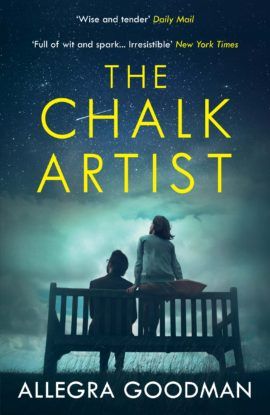


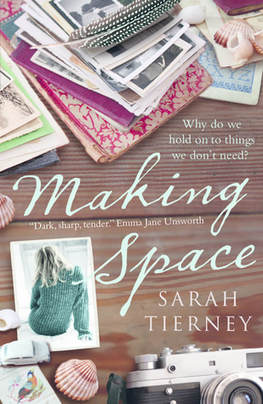
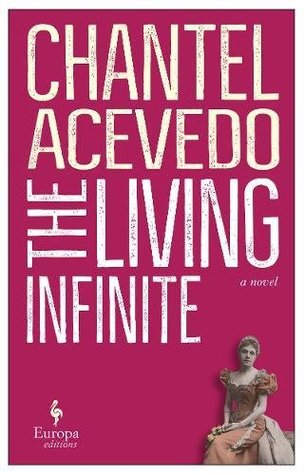


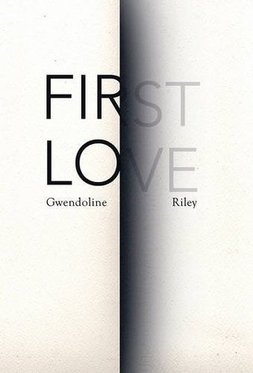
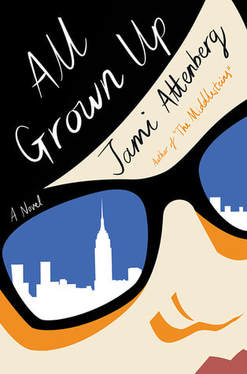



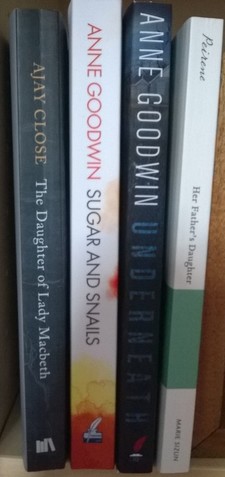
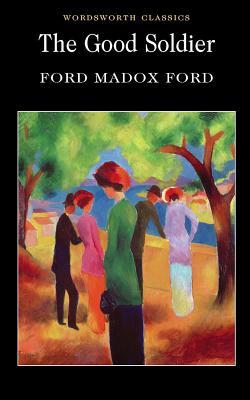
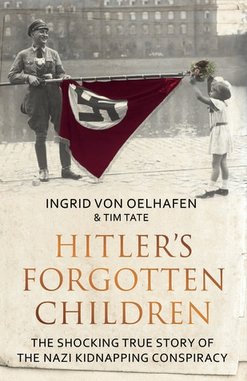
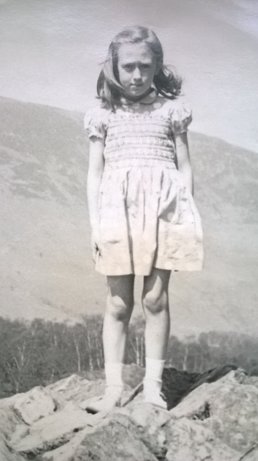
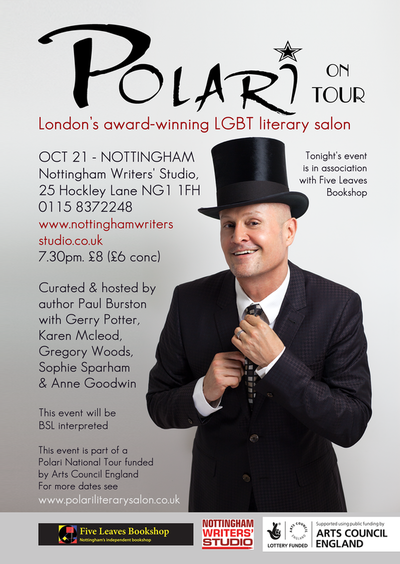
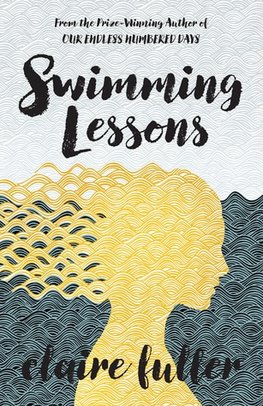
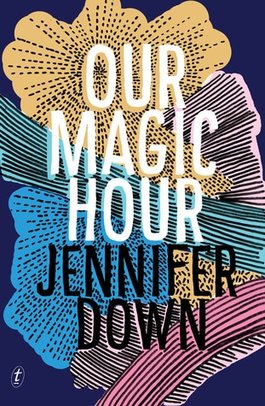
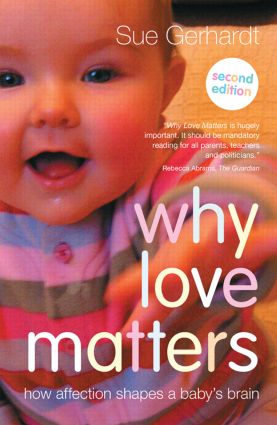
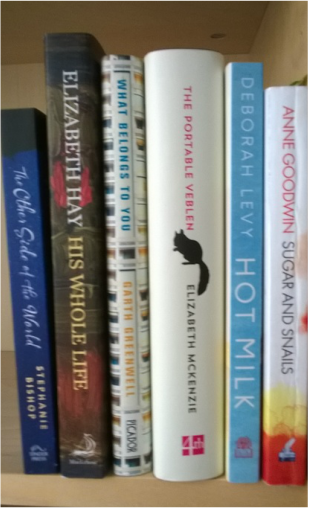
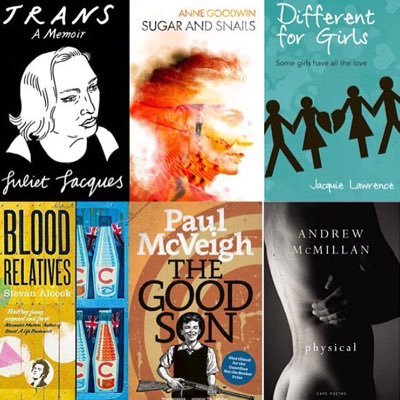
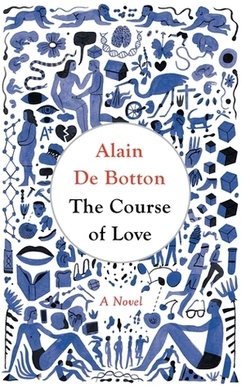

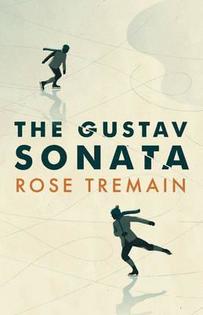
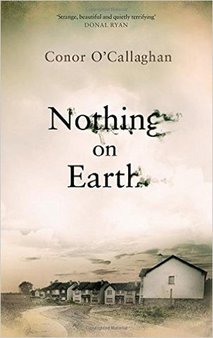
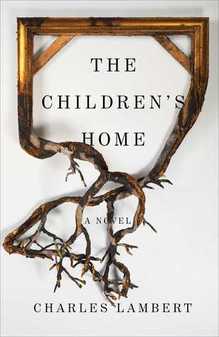
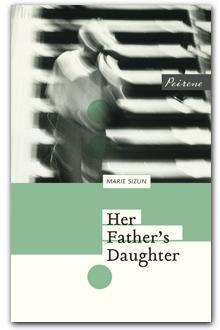
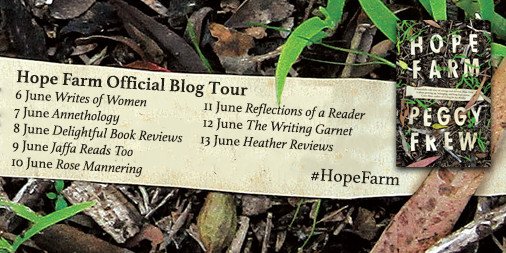
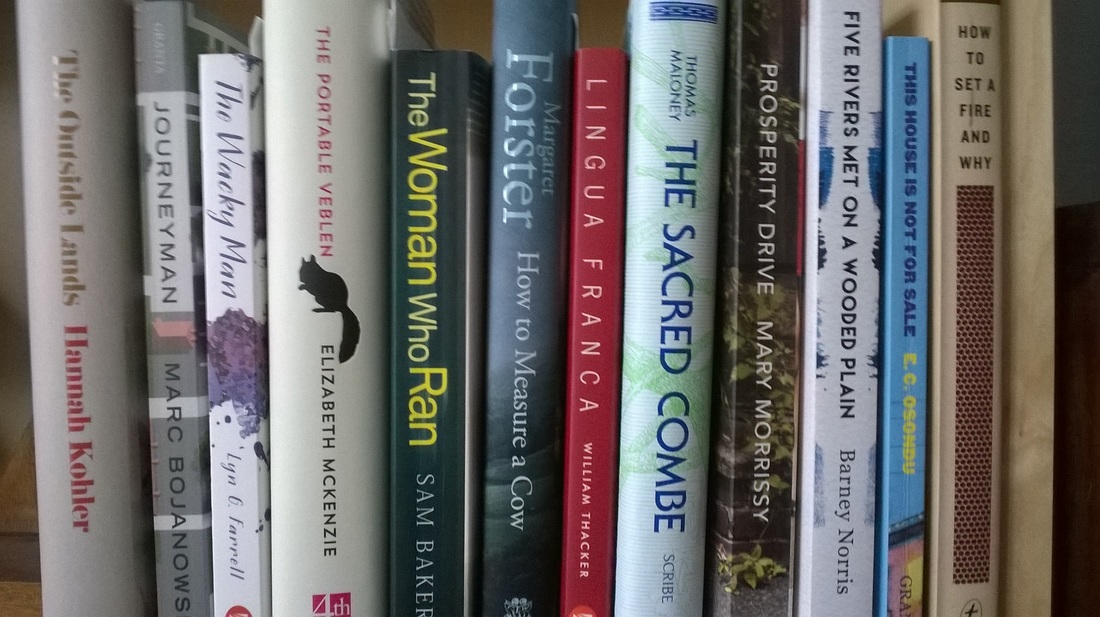
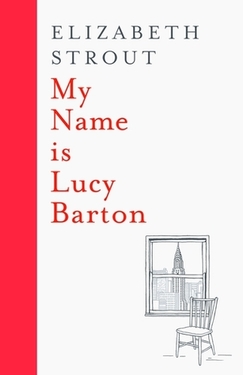





















 RSS Feed
RSS Feed





















